Lab
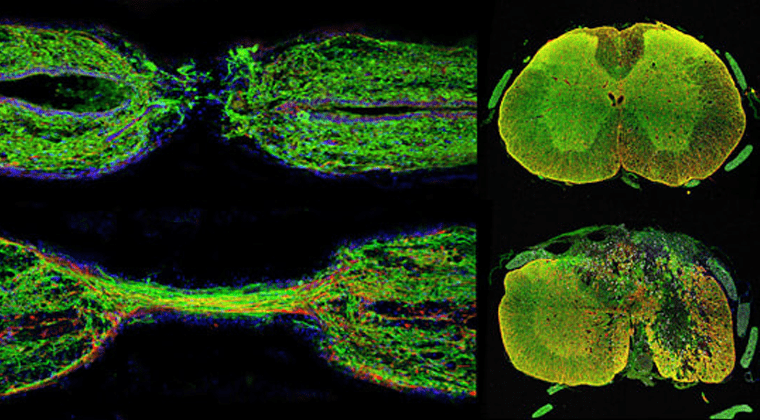
Mokalled Lab
The Mokalled lab aims to elucidate evolutionarily conserved mechanisms of spinal cord regeneration, and to develop zebrafish-inspired interventions to promote spinal cord repair in mammals. Our goal is to leverage the strengths of the zebrafish model system to uncover the molecular identities of pro-regenerative cells in zebrafish, and to reconstruct analogous identities in humans.
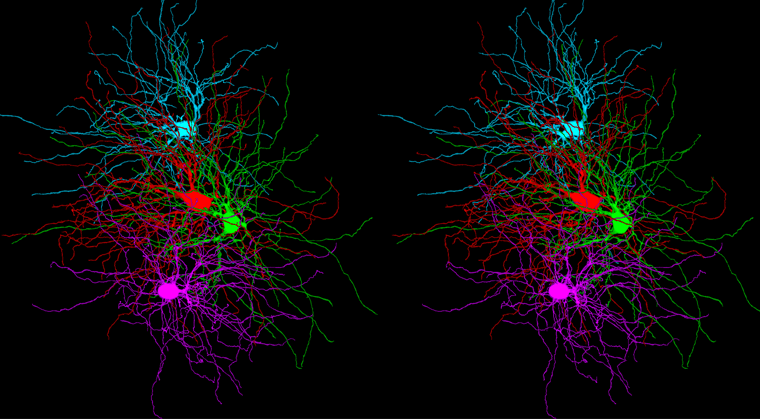
Morgan Lab
We study the organization, development, degeneration, and regeneration of the synaptic circuitry of the visual system.
PI: Josh Morgan, PhD
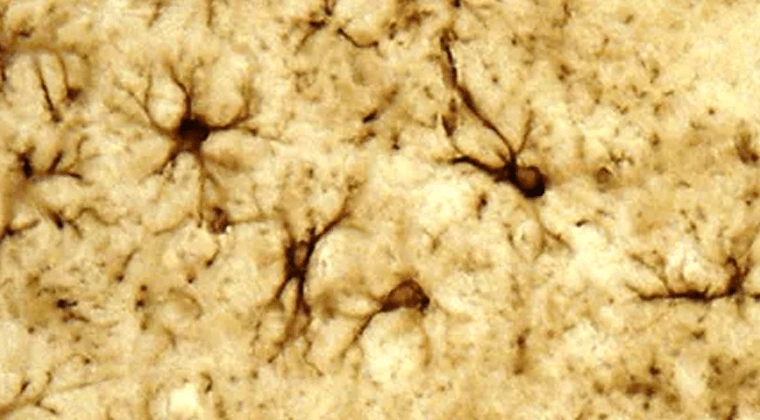
Musiek Lab
The Musiek lab examines how the circadian clock influences neuroinflammation, glial activation and function, protein aggregation, and neurodegeneration in mouse models of Alzheimer’s Disease and other degenerative conditions.
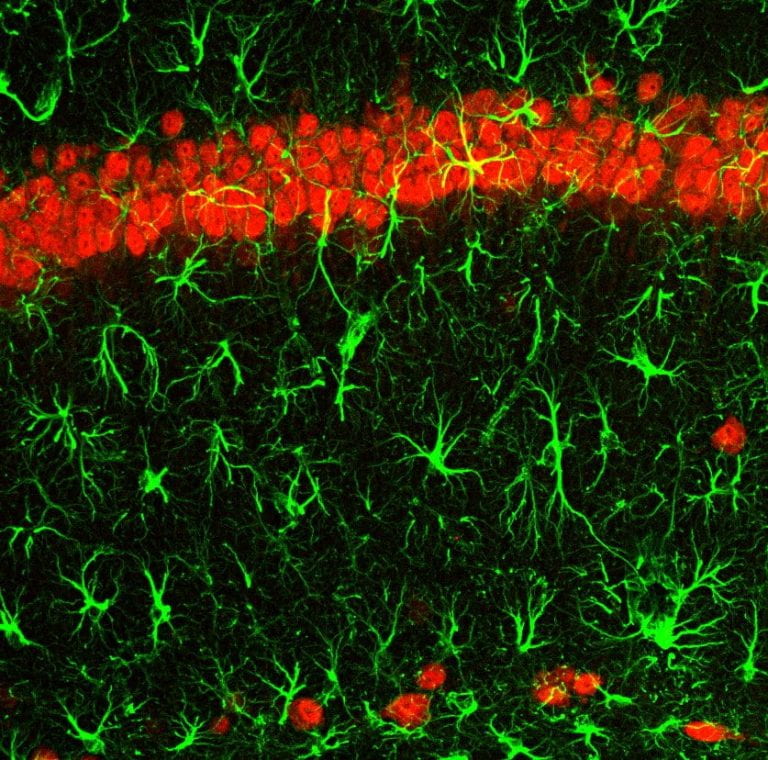
Papouin Lab
The Papouin lab’s research program is centered on astrocyte biology: Specifically, research currently carried out in our lab aims at understanding the interplay between astrocytes and neuromodulation, its molecular underpinnings, and the roles it plays in cognition and cognitive deficits associated with neurological disorders such as Schizophrenia.
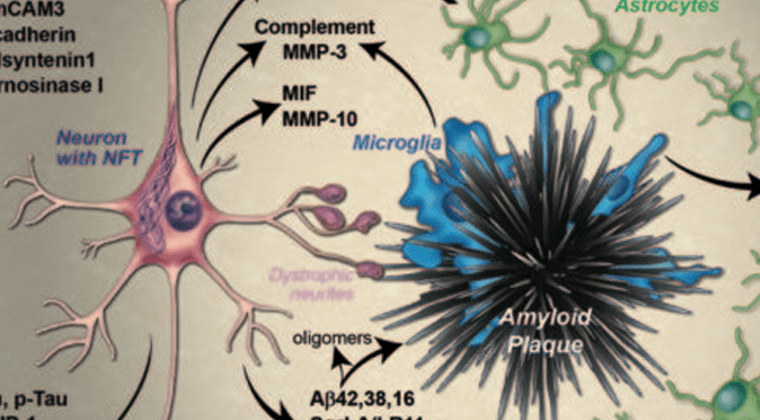
Perrin Lab
Dr. Perrin directs the Translational Human Neurodegenerative Disease Research (THuNDR) Laboratory, which serves as the Neuropathology Core of the Charles F. and Joann Knight Alzheimer Disease Research Center, the Dominantly Inherited Alzheimer Network, the Dominantly Inherited Alzheimer Network – Trials Unit, the Alzheimer Disease Neuroimaging Initiative, and the Washington University Movement Disorders Center. In this role, he also supports many collaborative translational research projects with investigators at Washington University and elsewhere, with a focus on understanding and developing biomarkers and treatments for neurodegenerative diseases.
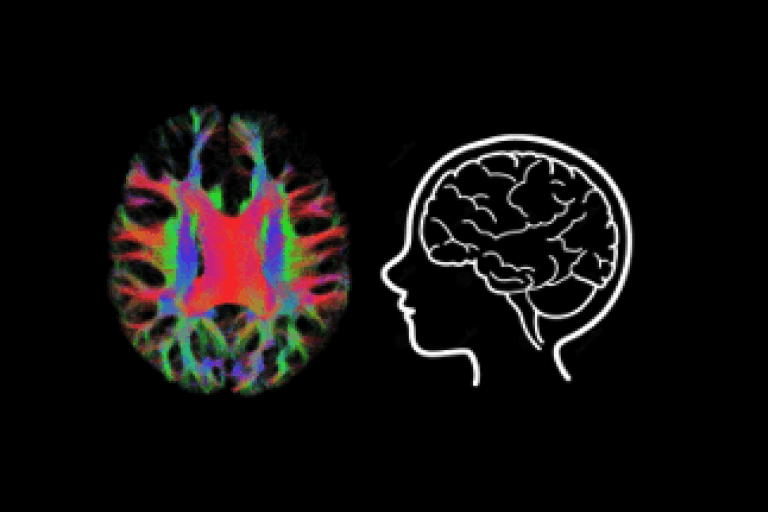
Richards Lab
Our laboratory investigates astroglia differentiation in the developing and adult brain and their involvement in cortical development and function.
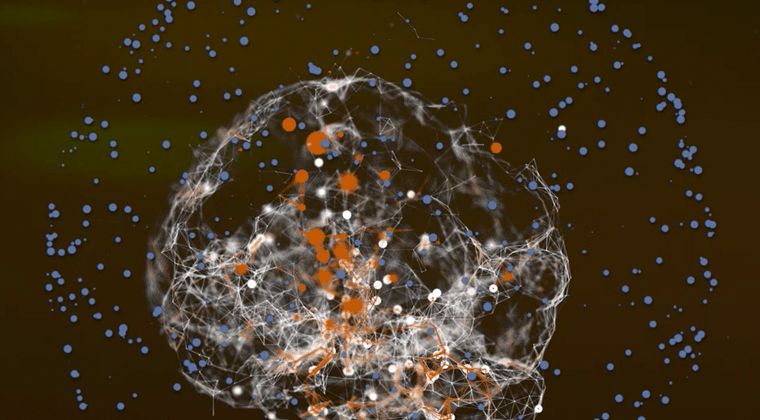
Saligrama Lab
Research in our laboratory is focused on determining the phenotype, function, and specificity of T cells in neurological disorders. Our overarching goal is to gain novel scientific knowledge in regard to human adaptive immune responses in neurological diseases that will help guide clinical practice.

Strahle Lab
Our lab studies CSF disorders and how they impact neurodevelopment.

Teitelbaum Lab
Our laboratory has been exploring mechanisms of preventing obesity and have discovered that genetic modulation of myeloid lineage cells to a novel hypoinflammatory phenotype completely prevents high fat diet induced weight gain (J Clin Invest. 2020;130(5):2644-2656 Because obesity is a risk factor for Alzheimer’s disease we are determining if its prevention by this strategy will reduce dementia development in mice. We are particularly focused on microglia, which are myeloid lineage cells and assume an activated state in response to high fat diet.

Warchol Lab
Role of macrophages in development, pathology and regeneration of sensory receptors in the mammalian inner ear and zebrafish lateral line.

Wu Lab
The mission of the Wu lab is to determine the cellular and molecular mechanisms regulating adaptive immune responses within the central nervous system.
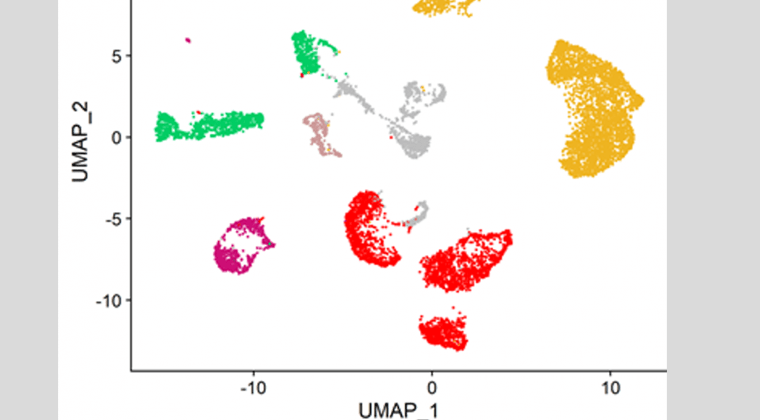
Zhao Lab
The Zhao lab is interested in dissecting the molecular mechanisms of neurodegeneration through multiple integrated approaches including single nucleus RNA-seq (snRNA-seq), network analysis, genomics, epigenomics and machine learning.
PI: Guoyan Zhao, PhD